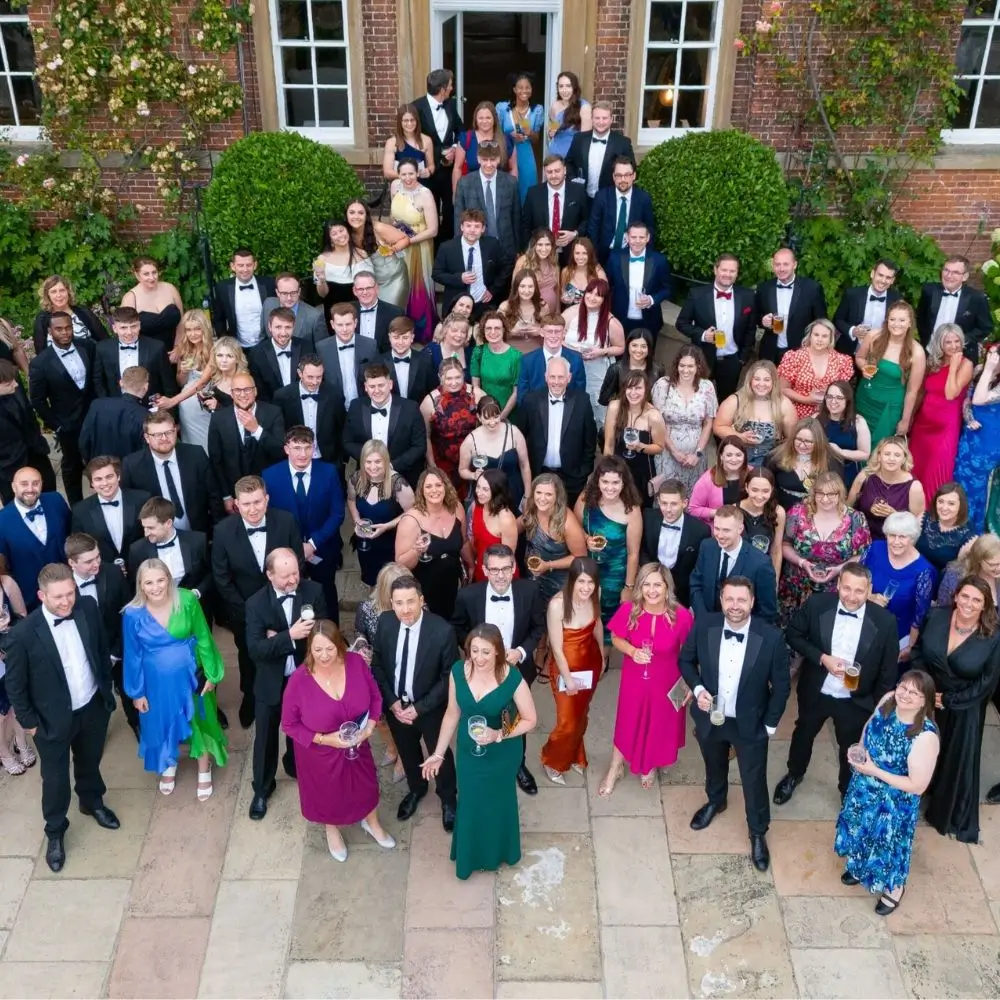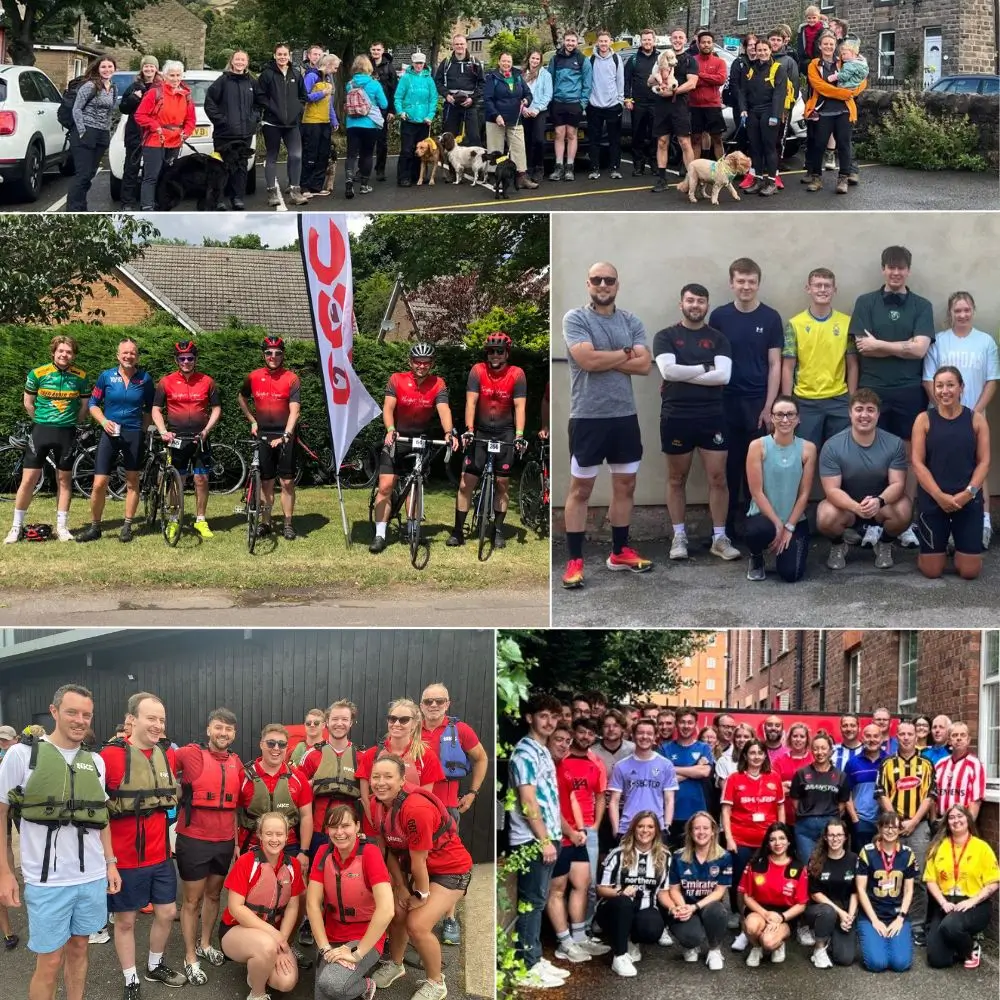Personal Approach, Leading Expertise
At Wright Vigar, we are not just a regional Chartered Accountancy firm; we are your trusted advisor. Our independently owned practice combines the personal touch of a local business with the extensive expertise and resources usually found in larger firms. We invite you to meet with us and discover how working with Wright Vigar can genuinely make a difference for you and your business.

About Us
Why Wright Vigar?
Choosing Wright Vigar means working with a team that values your success as much as you do. We aren't just about numbers; we are about understanding your unique aspirations and challenges. This allows us to deliver tailored solutions that go beyond standard practices and ensures you receive the highest quality expertise.

Our Approach
We go beyond the role of accountants; we are your partners in success. Committed to understanding your unique aspirations and challenges, we offer a personalised approach that goes beyond looking at the numbers. Your success is our priority

Our Values
We always endeavour to be there for our clients. The mark of a good relationship is mutual respect and the willingness to be on hand when needed. At Wright Vigar you are not just a number.

Our People
Our greatest strength lies in our people. With a dedicated and diverse team, we combine expertise with a personal touch. Meet the team that makes Wright Vigar your trusted partner on the journey to financial success.
Who we are

Life at Wright Vigar
At Wright Vigar, our team thrives in a supportive working environment, enabling us to consistently deliver exceptional client service. Our working culture prioritises well-being, embedding it within our ways of working and the support we provide our team. We highly value work-life balance, accommodating personal commitments while ensuring our clients' needs remain a priority. Working for us, expect an environment where your growth is nurtured, challenges are met and your well-being is valued. All of this is rewarded by a competitive benefits package designed to support you and your family.

Wright Vigar in the Community
At Wright Vigar, we aim to make a meaningful contribution to the communities where we live and work. Annually, we select a dedicated charity aligned with causes important to our team. We encourage staff to take a paid day for voluntary work, and team members generously share professional expertise through initiatives like providing tax help for the elderly. We also believe in supporting local, prioritising the use of local suppliers and providers whenever possible. Our approach to community engagement signifies a genuine dedication to creating a positive and lasting impact in the areas where we operate.
A few words from our clients
News and Insights
Stay informed and engaged with our latest News and Updates, delivering timely and relevant information to keep you in the loop.

Wright Vigar Announced as 1861 Lounge Sponsor for Mansfield Town FC 2025/26 Season

2026 Charity Reforms: What Trustees Need to Know


